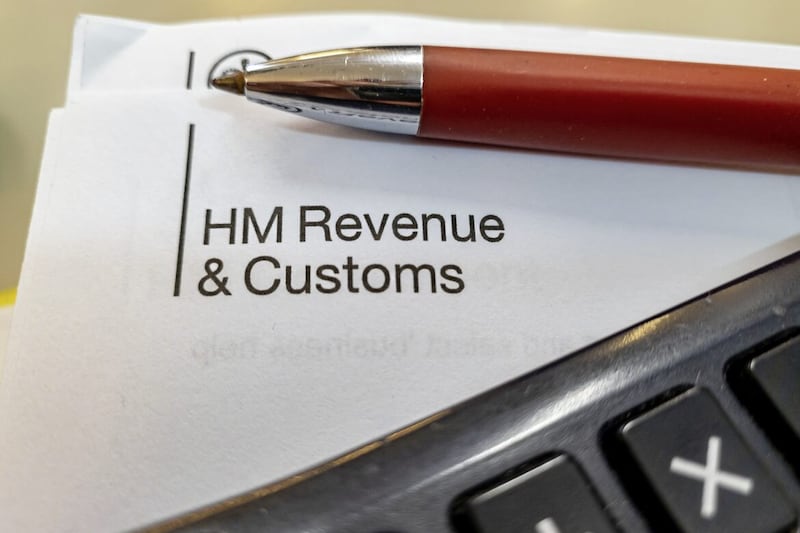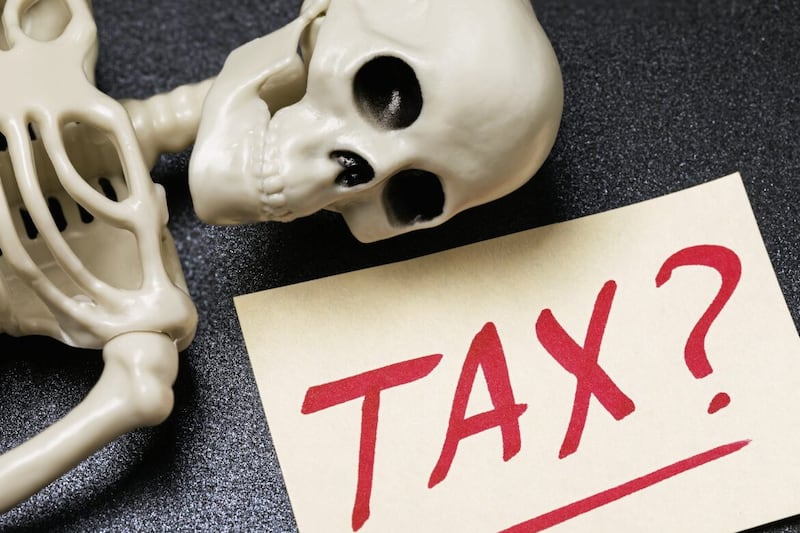QUESTION: I have formed a company with three other individuals and we have been advised to have a shareholders agreement prepared. We are also taking out life insurance (Shareholder Protection Insurance). What it are the tax implications of Shareholder Protection Insurance?
ANSWER: You are very wise to have a shareholders agreement prepared and also to insure each other's lives under a share protection policy. Such a policy will enable the surviving shareholders to purchase a deceased shareholder’s share of the business from the deceased's estate and the policy ensures that the deceased’s owners dependants have a willing buyer and cash instead of a share in the business.
It will be necessary to value the business and each shareholder’s shareholding in the business and to enable the agreement to be implemented, each shareholder will have to effect and maintain a policy of life assurance which is written in trust from the outset for the other shareholders. The share protection policy will typically be covered by a document called a cross option agreement which provides the basis of the share purchase and details how the purchase will be made in the event of death.
On death it is important that the shareholding of the deceased shareholder enters their estate so that it can benefit from business property relief from inheritance tax (subject to various conditions). The problem that arises is that if there is a binding contract within a shareholders agreement whereby the deceased's estate is forced to sell the shares and the company is forced to buy the shares this will disallow business property relief with punitive inheritance tax implications.
To circumvent this, an option agreement is entered into from the outset giving the deceased estate the option to “put” the shares to the remaining shareholders and the remaining shareholders will have the option to “call upon” the deceased's estate to sell the shares to them and they will use the proceeds of the life assurance policy to fund the purchase. It is the drafting of this cross option agreement that does not create a binding obligation until one party exercises their option. This is not a binding contract for sale and therefore preserves valuable business property relief for the beneficiaries of the deceased's estate.
When a cross option agreement is put in place it is important that an agreed valuation method for the company and the deceased’s shareholders share is agreed at the outset. Valuation problems can occur where the shareholders agreement specifies that an open market method of valuation must be used as this creates a practical impossibility to provide the correct level of insurance when the valuation is unknown and fluctuating.
More usually therefore a fixed value for the share in the business is used which enables the correct level of life cover to put in place initially and reviewed as the business may increase in value in the years ahead. It is usual for the business valuation to be reviewed at least every three years to make sure that the level of insurance is appropriate.
It is important that the premiums are paid by the individual shareholders and if the company pays the premiums on behalf of a shareholder these are classed as remuneration and returned annually on Form P11D subject to income tax.
From an inheritance tax perspective there should be no inheritance tax payable on the premiums themselves as they are considered to be a bona fide commercial arrangement provided all the owners in the business participate.
When the deceased shareholder dies, his or her shares enter their estate at market value and therefore the subsequent sale by the personal representatives to the remaining shareholders under the cross option agreement it is highly unlikely to cause any capital gains tax liability as unless there is a long delay, the shares will not have increased in value.
:: Paddy Harty (p.harty@pkffpm.com) is senior tax director at PKF-FPM (www.pkffpm.com). The advice in this column is specific to the facts surrounding the question posed. Neither the Irish News nor the contributors accept any liability for any direct or indirect loss arising from any reliance placed on replies








